Healing From Trauma As A Latina & Your Tribe By: Monica Duarte
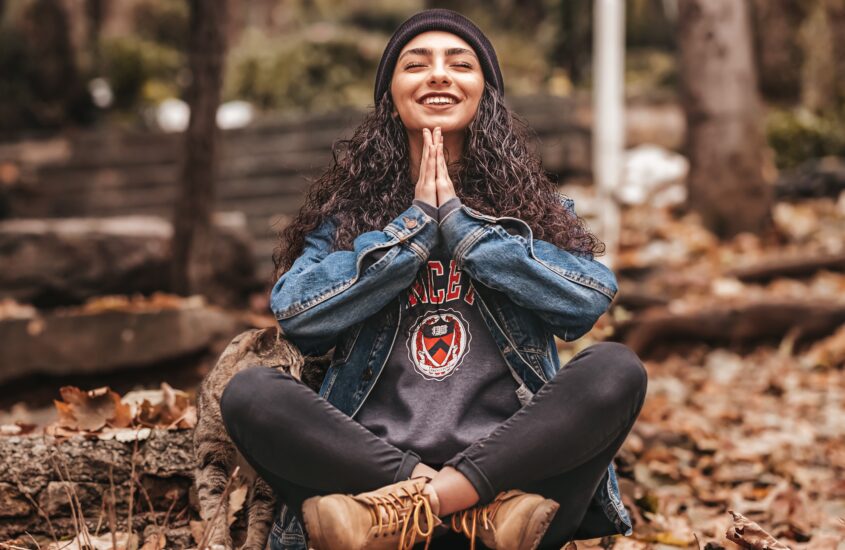
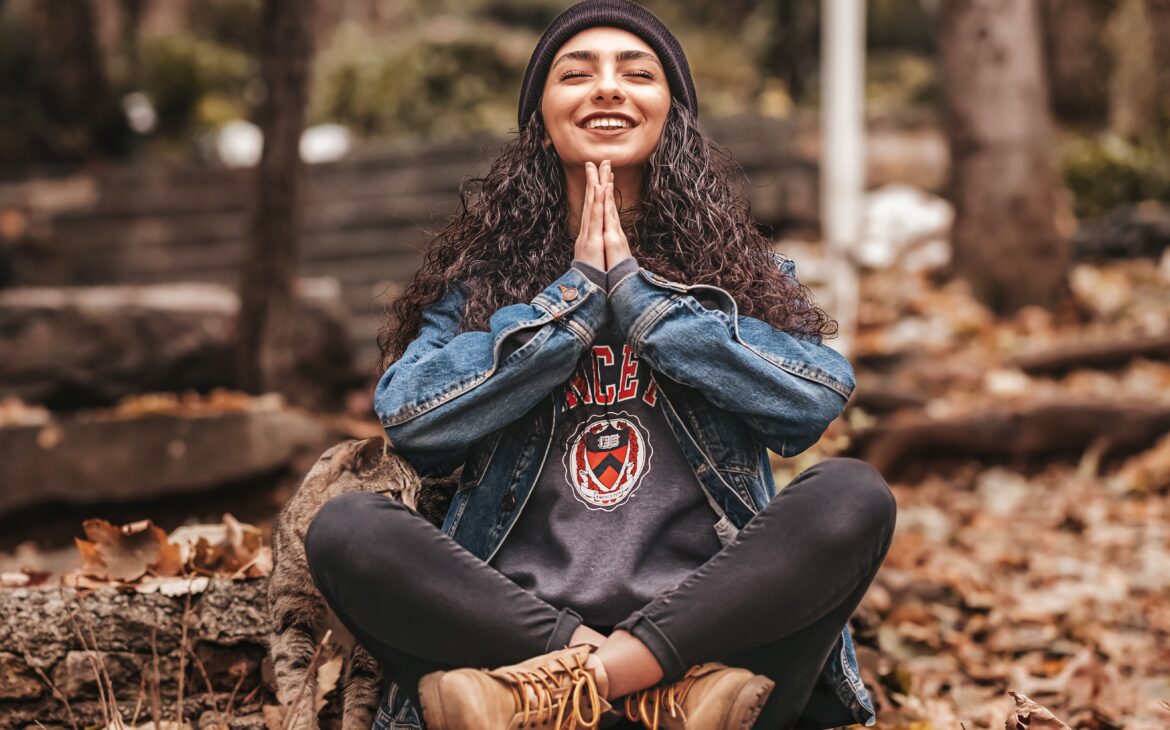
As a Latina, when you start to do the deeper work to process trauma and heal, it’s most likely that some people in your life will begin to fall out of it. This is something that’s completely normal and is not talked about enough in the healing community. As a Latina, a trauma survivor, and a Trauma Coach, I felt inspired to share why this happens.
Trauma creates distortions of how you see others and yourself. Many times it prevents you from recognizing unhealthy and toxic people. Unhealthy behavior becomes normalized. As Latinas, we can see this happening with the machismo phenomenon. It’s a behavior where Latinas are taught that men are superior to us, so we must make ourselves small and do everything they want – even though that often comes at the expense of our well-being and self-respect. Being raised in a culture that normalizes this makes it normal for us to be treated poorly, to have low self-esteem, and to lower our standards for how we should be treated in the world.
Once you start to heal from trauma, your eyes will become open to the harm that you experienced and what you’ve become accustomed to. You’ll start to see and own your value as a human being and a woman. You’ll also start to see toxic people for who they are: toxic. As you begin to heal, you’ll also start to set healthy boundaries with others. Doing this will trigger those who took advantage of you and were benefiting from your staying in your trauma. If you challenge their toxic behaviors, they’ll leave your life more easily.
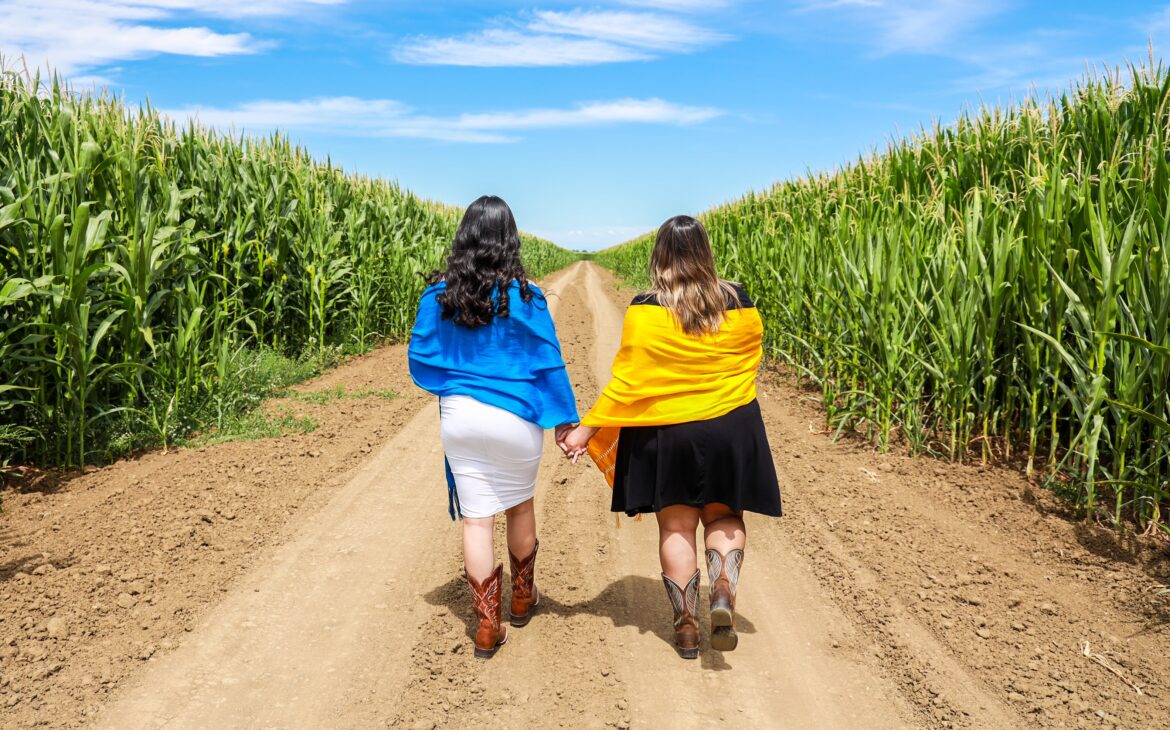
As a trauma survivor, this is something I experienced myself. I also see it in my clients. Before I healed from my traumas, I was a people pleaser. I had difficulty stating my needs or even knowing what they were and setting boundaries. I was afraid that if I spoke up, people would leave me, triggering abandonment trauma. So often I was afraid to say something, and people would get away with their harmful behavior.
As I started to heal from trauma, I started to assert myself and my needs. Close friends started to get upset and stopped talking to me. It was a painful experience to realize that those I thought I was close to were in fact not truly there for me. It was also a lonely time in my life because it took time to start making new friends that were more supportive of who I was becoming. Because I work with trauma, I also understood this was normal. When I had sessions with clients, they also shared that after they started to heal and set boundaries with others – some people would stop talking to them. They felt confused by this.
Here’s the reality. Only because you’re healing, setting boundaries, and respecting yourself doesn’t mean that others will be supportive. Again, Latinas who have experienced trauma have become used to being treated poorly. Predators and people who are abusive or toxic many times consciously or unconsciously seek others they can control or take advantage of. They benefit from those people staying in their trauma. When you start to heal, they can no longer take advantage of you, so they have no option but to leave. This is a good thing and shows that the work you’re doing to heal from your trauma is working.
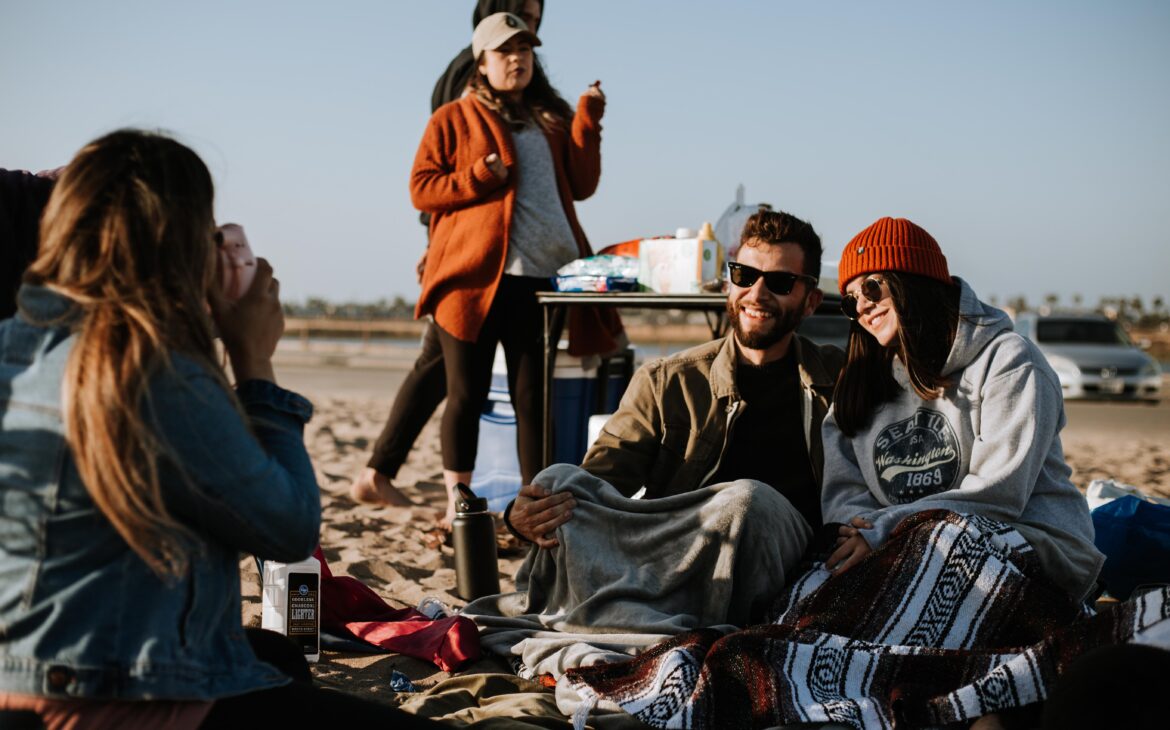
As you continue to heal you’ll learn how to better discern between healthy and unhealthy people as you move forward in your journey. You’ll also learn which people are safe to open up to and which you should keep at a distance. These conscious decisions will support you in selecting friends, partners, and even family members that genuinely care about you and are supportive of your healing.
After a while, I started to make new friends with people who were not only supportive of my healing journey but inspired by it. When I set boundaries and stated my needs, they didn’t lash out at me or tried to shame me. Instead, they listened, and we found win-win solutions. This is healthy. Because of the healing I’ve done, I’ve also become super selective of who I allow in my space. Us Latinas who are trauma survivors have been through a lot. With our history of trauma, it’s easy for unhealed people to use our past and vulnerabilities against us. Thankfully by healing from trauma, we can better discern between those people and not allow them in our lives.
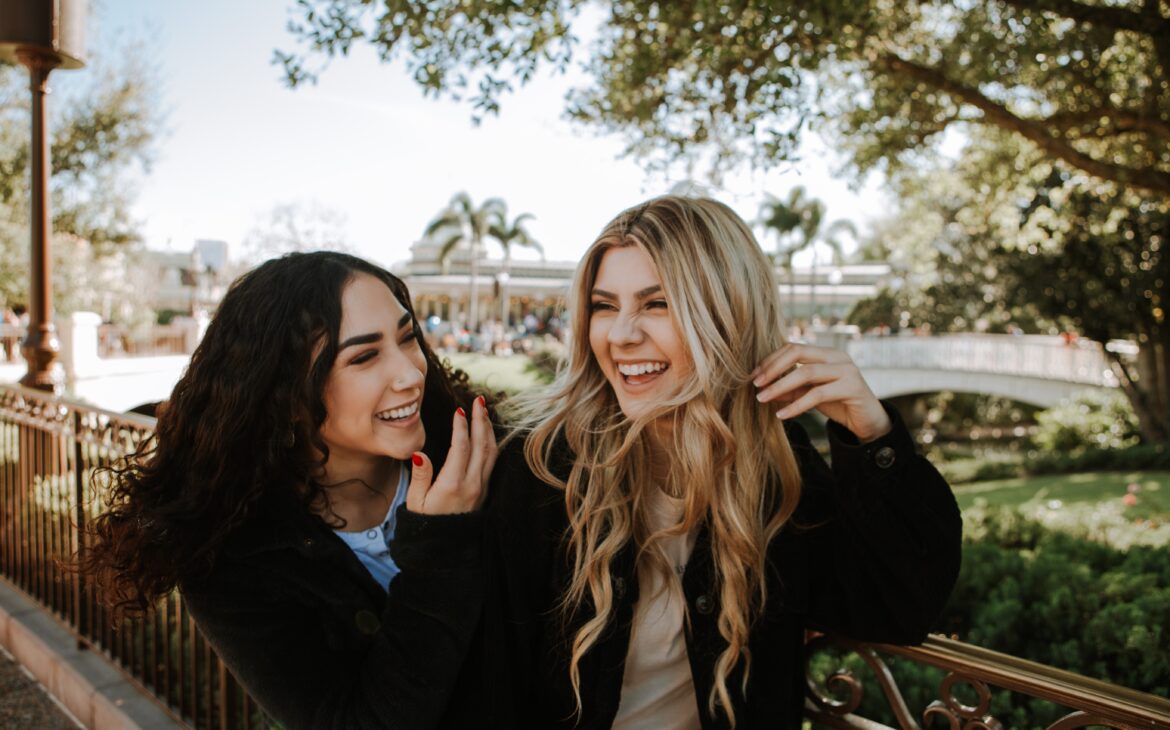
So then the question becomes, what do you do in the in-between? How do you deal with people withdrawing from your life when you’re healing from trauma, especially if they were close to you? Here are four tips that worked well for me:
- Create your support system: Whether it’s your therapist, a coach, or both, make sure you have one. They will be super supportive and help you work through all the changes. They’re people you can share your deepest feelings and thoughts without being judged or harmed.
- New healthier people will come into your life: As you’re healing, you’re also developing life skills that will help you be more discerning of others. Use these skills to find other Latinas like you who are also working on themselves and understand what you’re going through.
- Develop self-compassion: Remember that you’ve been through a lot, and this transition is completely normal. Only because old friends, partners, and family members are leaving your life, it doesn’t mean there’s anything wrong with you. You’re removing unhealthy people from your life to make room for those who can fill your cup. Remembering this and embracing self-compassion for yourself will be vital during this huge transition.
- Explore your passions: Use this time to reconnect with your passions and even discover new ones. Having this alone time is a blessing in disguise that can help you master other talents and areas of your life.
After reading this, I hope you have gained more clarity about what you’re going through, how to navigate it, and how to create the support you need.



